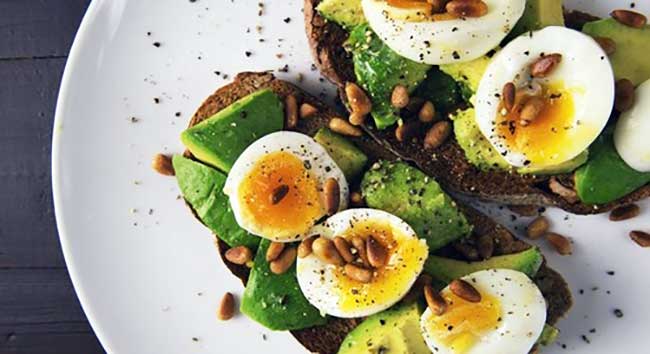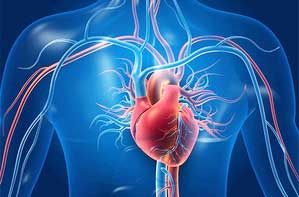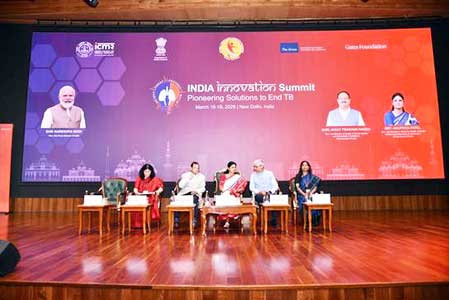Most of us realise the significance of nutrition in maintaining physical health. However, there are numerous myths about nutrition. As a result, nutritionist Nupuur Patil assists in debunking several myths, making it easier to live a better and happier life.
Myth 1: To lose weight, one should skip meals
Fact: Skipping meals can actually be counterproductive. It often leads to overeating later in the day and may slow down your metabolism, making it harder to lose weight. Focus on having smaller and frequent meals throughout the day and, focus on balanced, portion-controlled meals and healthy snacks throughout the day to maintain a steady metabolism and energy levels.
Myth 2: Eating fats equals gaining weight.
Fact: Unsaturated fats, such as those found in avocados, nuts, seeds, and olive oil, are beneficial for heart health and overall well-being. These fats can help reduce bad cholesterol levels and decrease the risk of heart disease. However, saturated fats and trans fats, often found in processed foods and fried items, should be consumed sparingly.
Myth 3: Proteins are similar whether from plant or animal sources
Fact: While both animal and plant-based proteins can be part of a healthy diet, they differ in terms of nutrient content. Animal proteins, like meat, poultry, and fish, provide complete proteins with all essential amino acids. Plant-based sources like beans, legumes, nuts, and tofu can also provide ample protein but may require some combination to ensure a complete amino acid profile. A varied diet can help you obtain all the essential nutrients your body needs.
Myth 4: Using honey or jaggery over refined sugar is healthy and one does not need to limit their intake
Fact: While natural and minimally processed sugars like jaggery and honey are healthier alternatives over refined sugars, they still are sugars. Hence, one should watch out for their consumption.
Myth 5: Eating healthy is expensive
Fact: Eating healthy does not require breaking the bank. With careful planning, one can make the most of staple foods like beans, lentils, rice, oats, eggs, seasonal fruits and vegetables. In addition, dining out or ordering takeout can be expensive, and often these options come with larger portion sizes and added unhealthy ingredients. Cooking at home allows you to take charge of ingredients, portion sizes, and costs. Besides, it is an opportunity to experiment with nutritious recipes and flavors.






Indian pharmaceutical exports get reprieve from Trump’s reciprocal tariffs
Because of the importance of India’s pharmaceuticals to US healthcare, those exports will get a reprieve from President Donald Trump’s reciprocal tariffs, according to the White House.
New AI algorithm to predict risk of cardiovascular events, heart-related death
A team of researchers in South Korea has developed a novel artificial intelligence (AI)-based algorithm that uses electrocardiograph (ECG)2 data to predict the risk of cardiovascular events, and heart-related death.